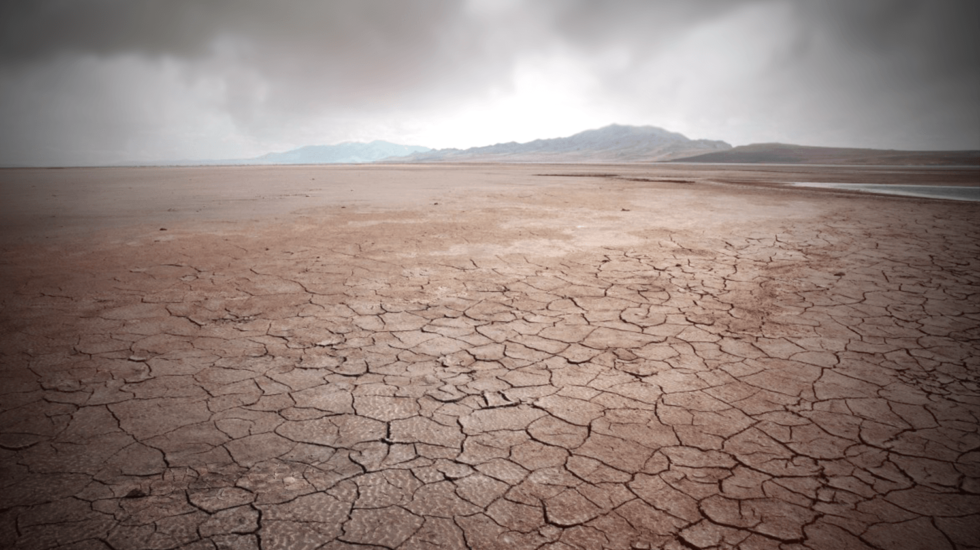The United Nations warned again on Thursday that all of humanity is under threat from climate change, which is advancing ever more rapidly thanks to unsustainable human land use and greenhouse gas emissions.
Of greatest immediate concern: food security.
But, as usual, there is no sign President Trump acknowledges the danger, nor is he inclined to do anything about it.
“Climate change has already affected food security due to warming, changing precipitation patterns, and greater frequency of some extreme events,” says the report, released at a climate-change summit in Geneva, Switzerland.
An estimated half a billion people already live “in areas where once productive land has dried out and turned to desert, including North Africa, East Asia and the Middle East,” reports the Huffington Post.
“In general, climate change will cause declined yields, increased prices, reduced nutrient levels and disruptions in supply chains for food,” said Panmao Zhai, one of the report’s more than 100 co-authors, at a Geneva news conference.
Worse, said another co-author, “The cycle is accelerating.” NASA climate scientist Cynthia Rosenzweig told the Associated Press that “The threat of climate change affecting people’s food on their dinner table is increasing.”
And temperatures are warming even faster over land — where most of our food comes from — than the two-thirds of Earth that is covered by water.
But Trump has shrugged off climate change as a serious threat.
One of his first actions as president in 2017 was to pull the U.S. out of the Paris climate accords, and his administration has since “worked to gut major Obama-era policies that sought to rein in planet-warming emissions, revoked land protections and forged ahead with its fossil fuel-centric ‘energy dominance’ agenda,” says the Washington Post.
In contrast, Trump has declared the migration of Central American peoples to the U.S. seeking asylum and simple relief a “crisis” that requires construction of a $60 billion wall on the southern border.
Yet one of the driving forces behind mass migration from south to north is the threat of starvation: unreliable food supplies caused by climate change.
“Food insecurity is a critical ‘push’ factor driving international migration,” the UN report reads, “along with conflict, income inequality, and population growth. The act of migration itself causes food insecurity, given the lack of income opportunities and adverse conditions compounded by conflict situations.”
Migration from Central America — particularly from Honduras, Guatemala and El Salvador — “has been one of the primary focal points of President Trump’s time in the White House,” says the Post.
“At the same time, his administration’s approach to addressing climate change has been one of hostility.”



